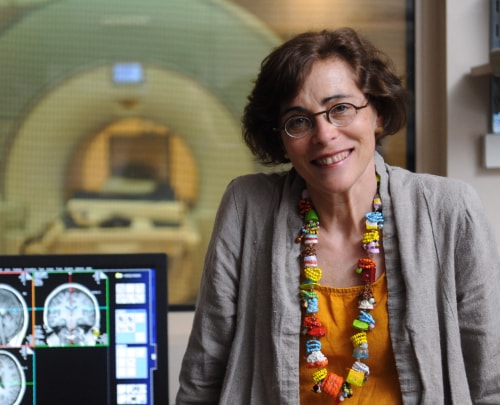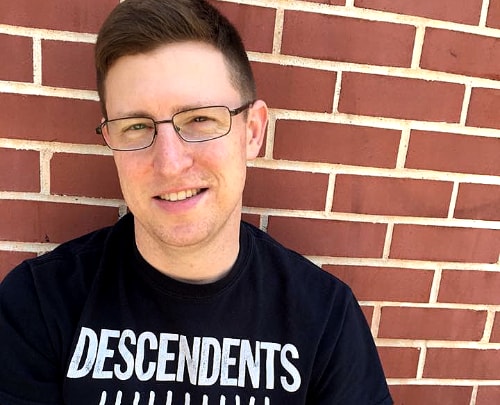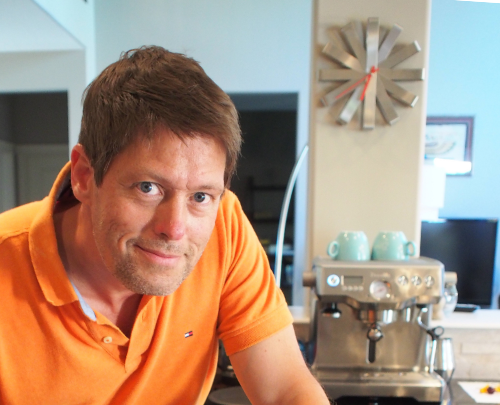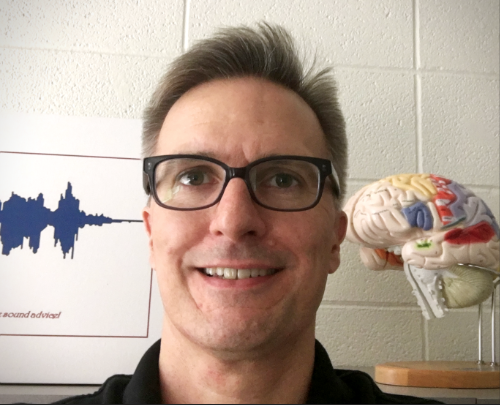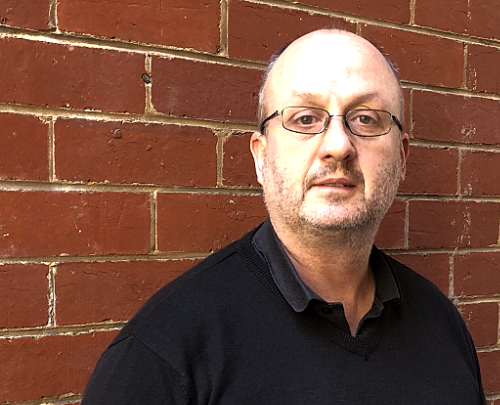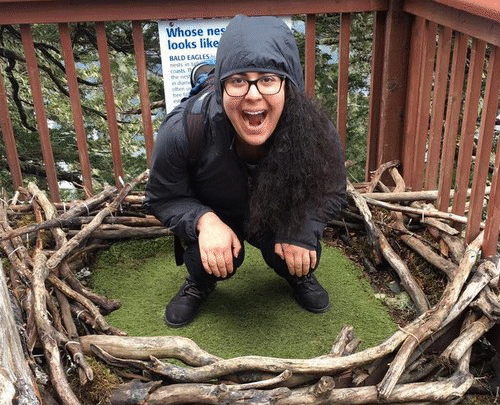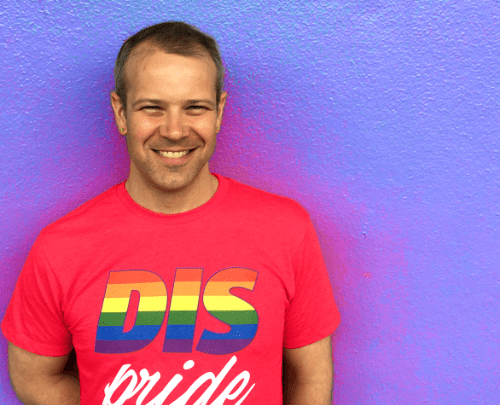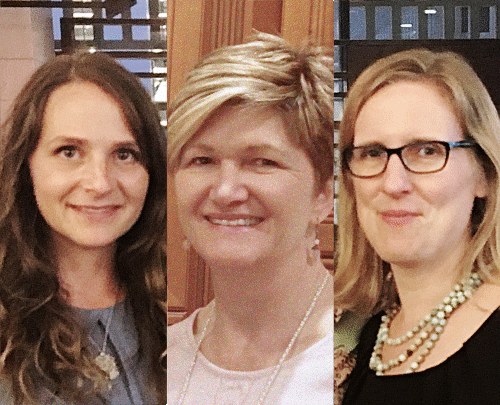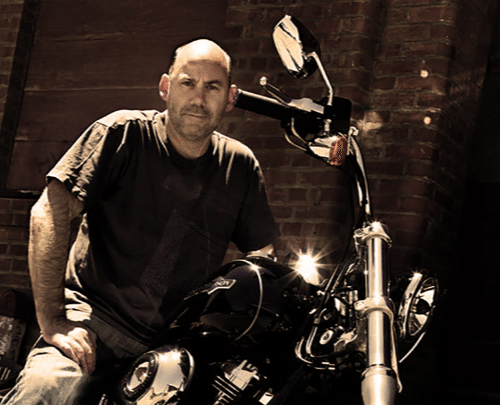13
Nov 2018
Might our brains have greater plasticity than commonly thought? In episode 36, Marlene Behrmann from Carnegie Mellon University, discusses her 3-year longitudinal investigation of a young boy who had the region of his brain which recognizes faces removed, but regained this ability through neural p......
16
Oct 2018
Because 98% of the human genome doesn't serve a direct role in gene expression, many biologists have long thought of them as nothing but "junk DNA." But might they hold the key to helping stem the formation of deadly cancers? In episode 34, Mike Feigin from Roswell Park Comprehensive Cancer Center...
2
Oct 2018
Can we put the brakes on cancers' ability to metastasize? In episode 33, John Lewis from the University of Alberta talks with us about his research into inhibiting cancer cell movement and metastasis through genomic targets. His open-access article "Quantitative in vivo whole genome motility scree...
18
Sep 2018
Can auditory errors and illusions better help us understand how the brain works? In episode 32 Mike Vitevitch from the University of Kansas talks with us about his research into the cognitive mechanisms underlying the Speech-to-Song auditory illusion. His open-access article "An account of the Spe...
4
Sep 2018
While various vertebrates have been taught to learn humans' concept of "zero," might too honey bees, even though their brains have thousands of times fewer neurons? In episode 31 Adrian Dyer from RMIT and Monash University in Australia talks with us about his work first teaching bees to count and ...
21
Aug 2018
Might early hearing impairment lead to cognitive challenges later in life? Yune Lee from the Ohio State University talks with us in episode 30 about his research into how even minor hearing loss can increase the cognitive load required to distinguish spoken language. His open-access article "Diff...
24
Jul 2018
Righting a 200 year old mistake: Armita Manafzadeh from Brown University talks with us about how her simulations of pterosaurs' range-of-motion demonstrate that the ancient reptiles almost certainly couldn't have flown like most paleontologists have long thought they did. Her open-access article, ...
5
Jul 2018
In celebration of LGBTSTEMDay, we talk with Bryce Hughes of Montana State University about his research into the factors that influence the retention of LGBQ students in STEM programs. His open-access article, "Coming out in STEM: Factors affecting retention of sexual minority STEM students" was p......
11
Jun 2018
Do people who willingly hold down multiple careers at the same time struggle like the rest of us to find authenticity in their work? Brianna Caza, Sherry Moss & Heather Vough (of the University of Manitoba, Wake Forest University, and the University of Cincinnati) talk with us about what their...
15
May 2018
We set out talk with David Kernot from Australia’s Defence Science and Technology Group about William Shakespeare's true identity, but soon discovered his work has implications on national security and suicide prevention, as well as diagnosing Alzheimer's years before it can be otherwise identifie...

